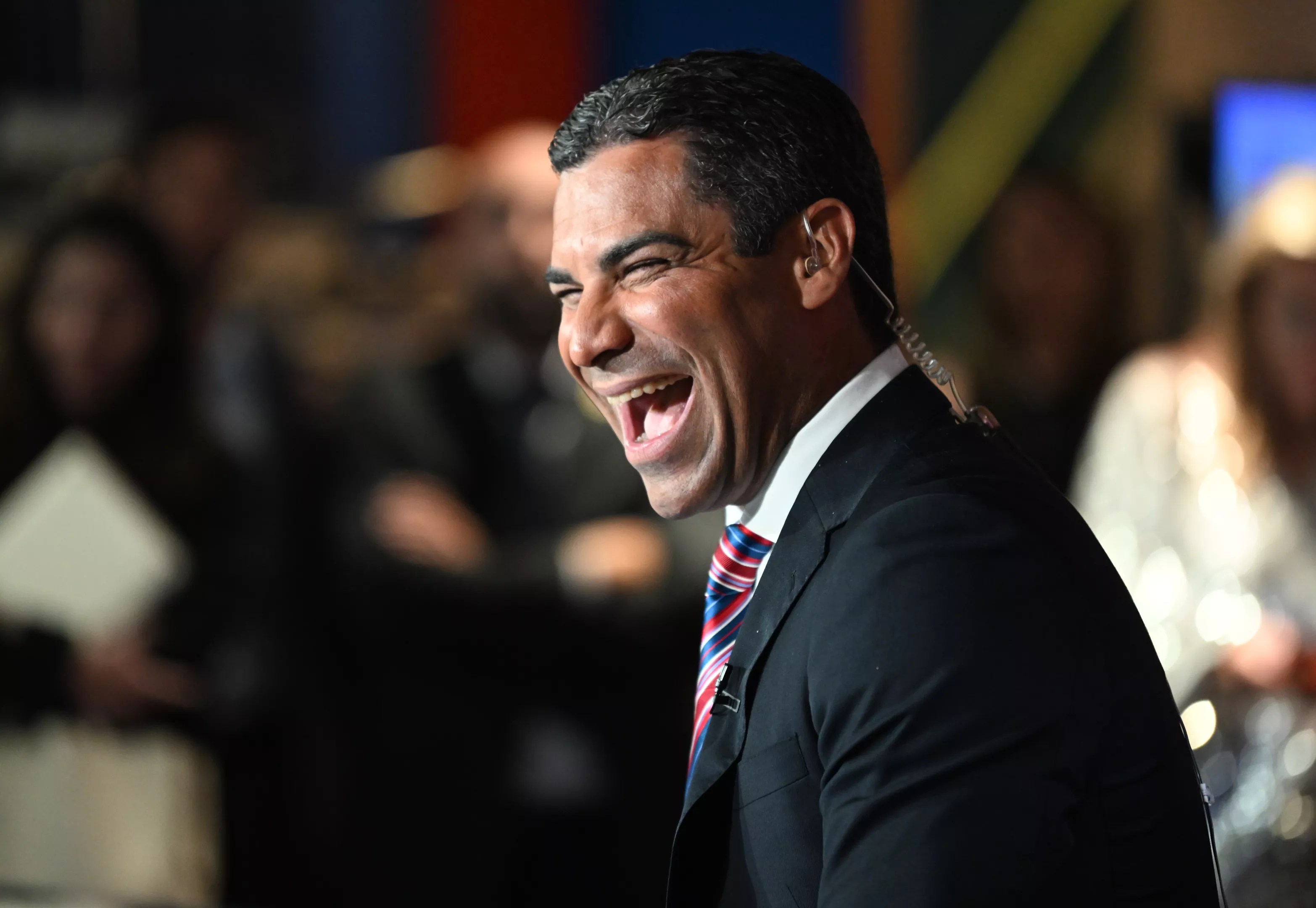
Photo by Jason Koerner/Getty Images

Audio By Carbonatix
Just how fleeting was Miami Mayor Francis Suarez’s run for president?
Welp, it was one of the shortest in modern U.S. history, according to an elections expert.
In August, after 76 days on the campaign trail (barely longer than Kim Kardashian’s famously short-lived marriage to Kris Humphries) Suarez became the first GOP candidate to drop out of the presidential race after polling at 0.2 percent and failing to qualify for the first Republican primary debate despite his claims he’d be gracing the stage.
Of the more than 220 White House bids by “non-fringe” Democratic and Republican candidates since 1972, Suarez’s blink-and-you’ll-miss-it presidential campaign was the sixth shortest, according to University of Minnesota researcher Dr. Eric Ostermeier, who authors the blog Smart Politics.
Only a few politicians had briefer campaigns, including former senator Fred Harris of Oklahoma, the late Connecticut senator Lowell Weicker, former Wisconsin governor Scott Walker, and former South Carolina governor Mark Sanford – all of whom held higher office than Suarez at the time.
- Harris, who launched his first presidential campaign in September 1971, retreated from the race after 48 days when his campaign fell $40,000 into debt. “I am broke,” he declared at a news conference.
- In May 1980, Weicker ended his campaign within 67 days after he realized that both Ronald Reagan and Gerald Ford were polling ahead of him.
- In 2015, Walker suspended his presidential campaign after 71 days following the second Republican presidential debate. While he blamed its collapse on President Donald Trump’s attack-laden race, others say a number of missteps led to his downfall.
- Sanford, who took on Trump for the 2020 Republican nomination, suspended his campaign 66 days post-launch after failing to gain traction during his primary challenge.
- Former West Virginia Democratic state senator Richard Ojeda lasted 76 days on the presidential campaign trail in the 2020 cycle.
Throughout Suarez’s two-month campaign, which was widely viewed as a longshot for the municipal leader, he struggled to gain traction in the crowded field while racking up a series of gaffes and quietly raking in millions of dollars to a super PAC. He saw his campaign fizzle out with less than one percent support in the national polls.
“I will continue to amplify the voices of the Hispanic community, the fastest-growing voting group in our country. The Left has taken Hispanics for granted for far too long, and it is no surprise that so many are finding a home in America’s conservative movement,” the mayor said when he announced his campaign’s suspension.
While Suarez has since hinted at a run for Florida governor, his trajectory remains unclear.
As for the others mentioned above?
It appears most of them faded out of the national political spotlight shortly after ending their presidential campaigns, with an exception being Weicker, who went on to become the 85th governor of Connecticut.
After losing his second presidential bid in 1976, Harris became a professor of political science at the University of New Mexico where he taught until his retirement in 2017. Walker serves as president of Young America’s Foundation, a conservative group that “trains the next generation of America’s freedom fighters,” according to its website, and hosts a weekly five-minute podcast called “Freedom Fighters with Governor Scott Walker.”
Sanford, on the other hand, scored a gig working for a national lobbying firm in South Carolina.